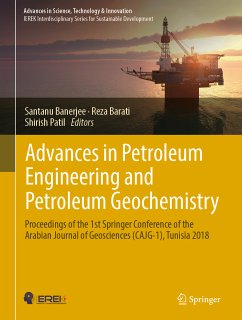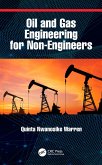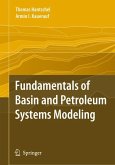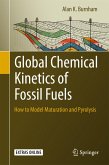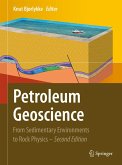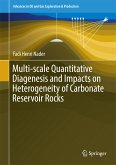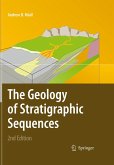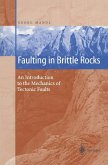This edited volume is based on the best papers accepted for presentation during the 1st Springer Conference of the Arabian Journal of Geosciences (CAJG-1), Tunisia 2018. The book is of interest to all researchers in the fields of petroleum engineering, reservoir engineering and petroleum geochemistry. The MENA region accounts for more than 50 percent of the world's hydrocarbon reserves. Despite being the largest oil and gas producer of the world, the MENA countries face routine problems regarding petroleum engineering, reservoir modelling and production optimization. This volume offers an overview of the latest information and ideas regarding reservoir engineering, petrophysical enngineering, petroleum system modelling, non-conventional energy resources and environmental impact of oil production. Main topics include:
1. Advances in petrophysical characterization of reservoir rocks
2. Enhanced oil recovery methods
3. Advances in petroleum exploration and management
4. Evaluation of hydrocarbon source potential and petroleum system modeling
5. Non-conventional energy resources
Dieser Download kann aus rechtlichen Gründen nur mit Rechnungsadresse in A, B, BG, CY, CZ, D, DK, EW, E, FIN, F, GR, HR, H, IRL, I, LT, L, LR, M, NL, PL, P, R, S, SLO, SK ausgeliefert werden.

